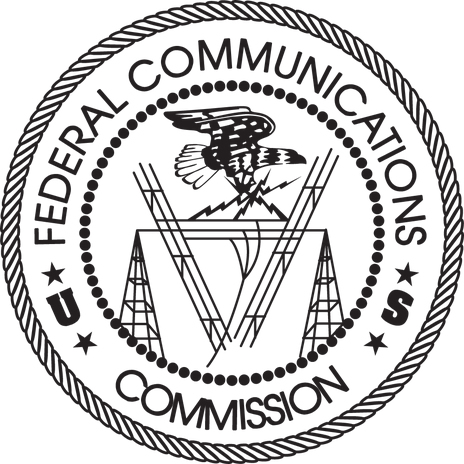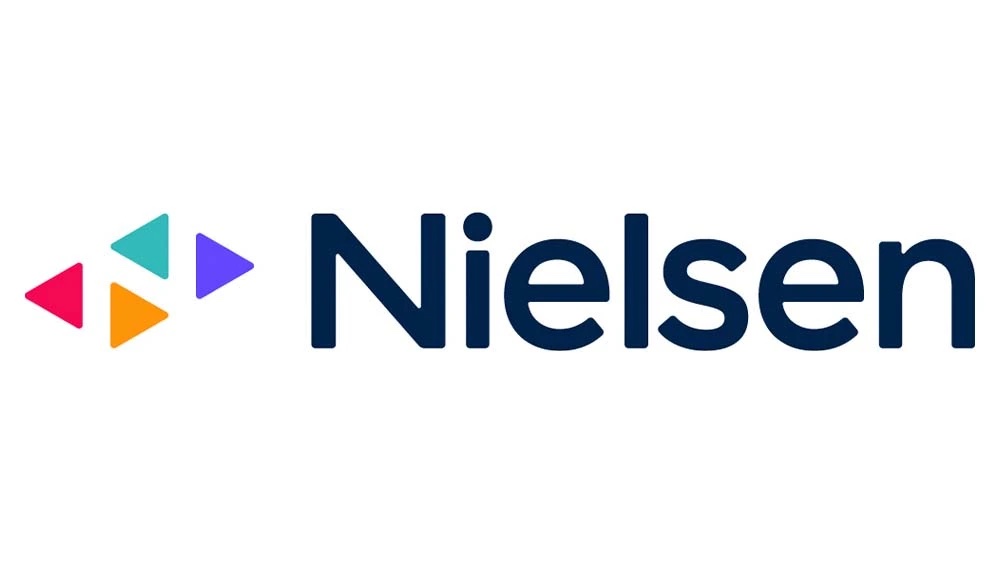FCC changes experimental license framework
The FCC Jan. 31, 2012, revised its Part 5 Experimental Radio Service (ERS) rules to add flexibility necessary to support rapid innovation and to implement further recommendations made in its National Broadband Plan.

The Report and Order (R&O) adds three new types of experimental licenses and streamlines existing rules and procedures related to experimenting, testing and marketing RF devices. At the same time, the changes protect incumbent licensees from interference.
Currently, the FCC uses the ERS structure to issue individual licenses for each experiment. The new licenses give developers more flexibility in the way they conduct research. Under the new structure, they will be allowed to modify existing experiments and conduct new experiments within a broad range of frequencies, emissions and power levels at defined geographic locations under a single license.
Doing away with the need to apply and wait for approval for each new experiment will reduce the burden of regulation placed upon innovators.
The three new types of licenses include:
- Program experimental license, which allows colleges, research laboratories, health care institutions and manufacturers that have demonstrated experience in RF technology to conduct ongoing series of research experiments and tests.
- Medical testing license, which is available to health care facilities with RF expertise to assess newly developed RF-based medical devices for patient compatibility and electromagnetic compatibility and to conduct clinical trials at patients’ homes or elsewhere not within the health care licensee’s control.
- Compliance testing license, which gives FCC-recognized laboratories the flexibility to undertake RF product compliance testing under the commission’s equipment authorization procedures.
The new rules require those who are conducting experiments to notify incumbent license holders and to develop a plan to avoid harmful interference. As is currently required, experiments conducted under experimental licenses must be done on a non-interference basis, the commission said.
The FCC will create a Web-based registration system to track and manage individual experiments for program and medical testing licenses.
The professional video industry's #1 source for news, trends and product and tech information. Sign up below.
